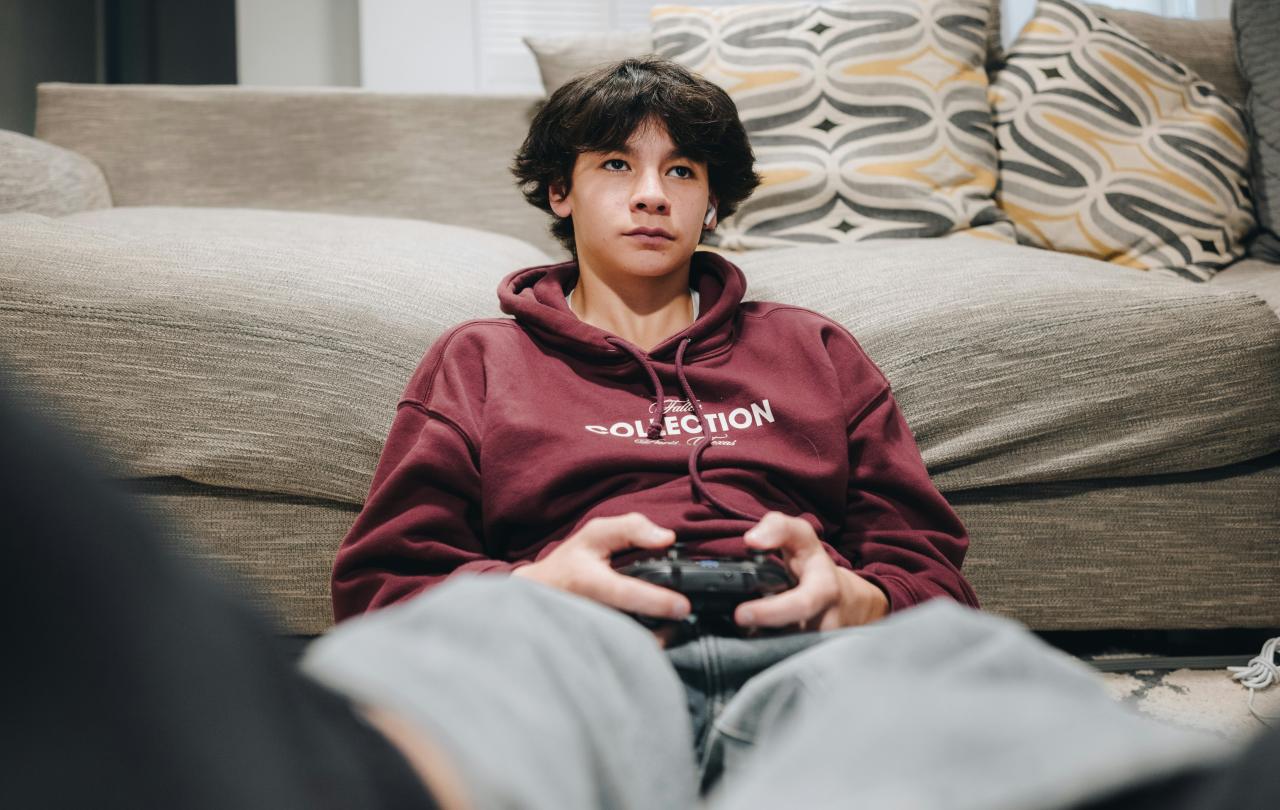
I know Portofino a bit, because it’s nearby my Italian in-law family and we’ve been there a couple of times when visitors have wanted to see it. It’s a former fishing village on the Ligurian coast, a natural bay and beyond lovely. And its mayor, Matteo Viacava, has just banned beggars from its cobbled streets, as they irritate wealthy tourists and celebrity visitors, which is less lovely.
Italy struggles with its relationship with tourism. Rome was sinking under a pile of rubbish a few years ago. The more literally sinking Venice tries to repel visitors with taxes, while providing a backdrop welcome for mega-wealthy weddings. The walled Tuscan town of Lucca recently cracked down on the buttodentri, the restaurant touts who hustle diners. As with any European tourist destination, Airbnb apartments drive rental prices up and the indigenous population out.
There is something particular about the Portofino beggar purge though. Perhaps it’s a bit like Versailles before 1789 – in the case of Portofino, the poor have no clothes so let them wear Prada. It’s all designer boutiques and there isn’t a real shop, a paneterria or forno, to be found. No one carries any weight, naturally, but you do wonder how they eat at all, if not in one of the extortionately priced trattoria.
To visit, as thousands will this summer, is to realise how much there is that you don’t require. It has everything a rich visitor wants, but nothing that they actually need. We’ve heard people call it Disneyland Italy, but I think it’s more like Patrick McGoohan’s The Prisoner TV series, shot in another, similarly named, dystopian village, Portmeirion in North Wales, where everything is laid on except freedom. Even that’s not quite right – as The Eagles nearly wrote, in Portofino you can leave any time you want, you just can’t afford to check out, unless you’re loaded.
It strikes me now that the mysterious bubble that pursued the aspirant escapee McGoohan along the beach may have been a cunning metaphor. People who live in Portofino (and very few do), or who seek sanctuary there, or in Palm Beach, or on Long Island, or in St Moritz, or on Mustique, or in South Kensington, exist in a bubble.
Joining friend and foodie Loyd Grossman at the Chelsea Arts Club a while ago, he told me he’d just walked down from his home in South Kensington and seen not a single person who actually lived there, but only people who cleaned their houses. Residents arrive from and leave for the airport, often from subterranean garages, in privacy-glassed limos.
Like Portofino, these are bubbles from which anyone but their own demographic are excluded. It doesn’t have to have gates to be a gated community. The bubble is a psychological state, which is bought to protect us from those of lesser means and especially, God save us, from the poor.
Simply to have them removed is to have head and hearts dwelling in gated communities.
And, increasingly for the economic elite, the poor are anyone who cannot afford to, or are not forced to, separate themselves for security, because they have no access to a privileged bubble. That the poor are always with us is a gospel injunction, which I used to take at face value as a statement of apathy or resignation, even acceptance, in an inadequate world, that the poor are simply poor and there is nothing to be done about it.
Latterly, I’ve seen it far more in the post-modern sense of being present with the poor in their moment of poverty, in solidarity and in their corner. That means they share our space, as neighbours. We’re not just talking about the economically poor here, but the dispossessed and discarded; the vulnerable and volatile; the marginalised and maligned.
We, the rich, can’t afford to exercise zero tolerance, to pretend they don’t exist, because – to coin a phrase of George Osborne’s when, hilariously, he claimed as Chancellor of the Exchequer to be making common cause in austerity – we’re all in this together. And by “this” I mean the one, shared bubble, which is universal.
We’ve been considering tourists and beggars, but we can scale it up to famine in Gaza or Sudan; asylum seekers in small boats; prisoners in Guantanamo Bay or on death rows; those who face earthquakes and tsunamis. They can’t be made to disappear by magic or mayoral edict, only by addressing the circumstances of their poverty – of food, money or spirit – with practical, social and political policy, plus a dollop of compassion for the cause of their plight.
Simply to have them removed is to have head and hearts dwelling in gated communities. It’s not sufficient, for sure, to notice the beggars this summer, to drop a few euros, but it’s a start along the street towards knowing that the poor are indeed always here, with us. Even in Portofino.
Support Seen & Unseen
Since Spring 2023, our readers have enjoyed over 1,500 articles. All for free.
This is made possible through the generosity of our amazing community of supporters.
If you enjoy Seen & Unseen, would you consider making a gift towards our work?
Do so by joining Behind The Seen. Alongside other benefits, you’ll receive an extra fortnightly email from me sharing my reading and reflections on the ideas that are shaping our times.
Graham Tomlin
Editor-in-Chief





